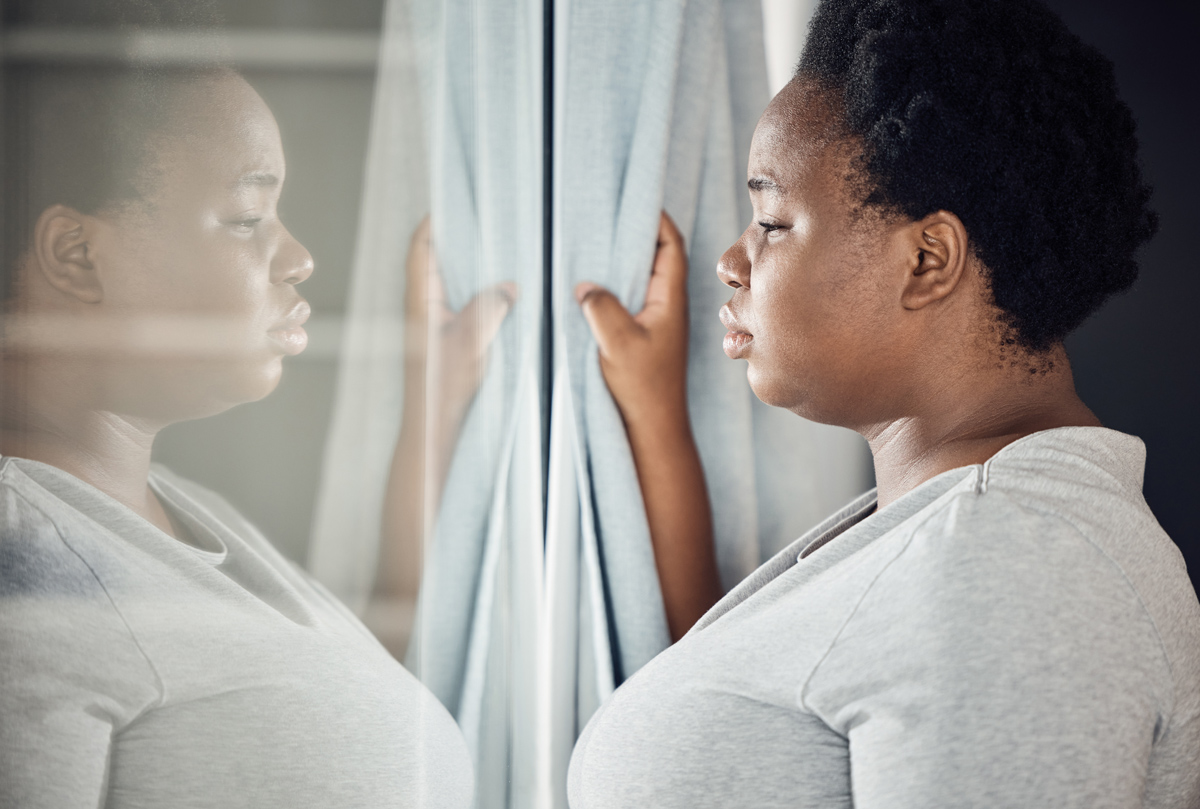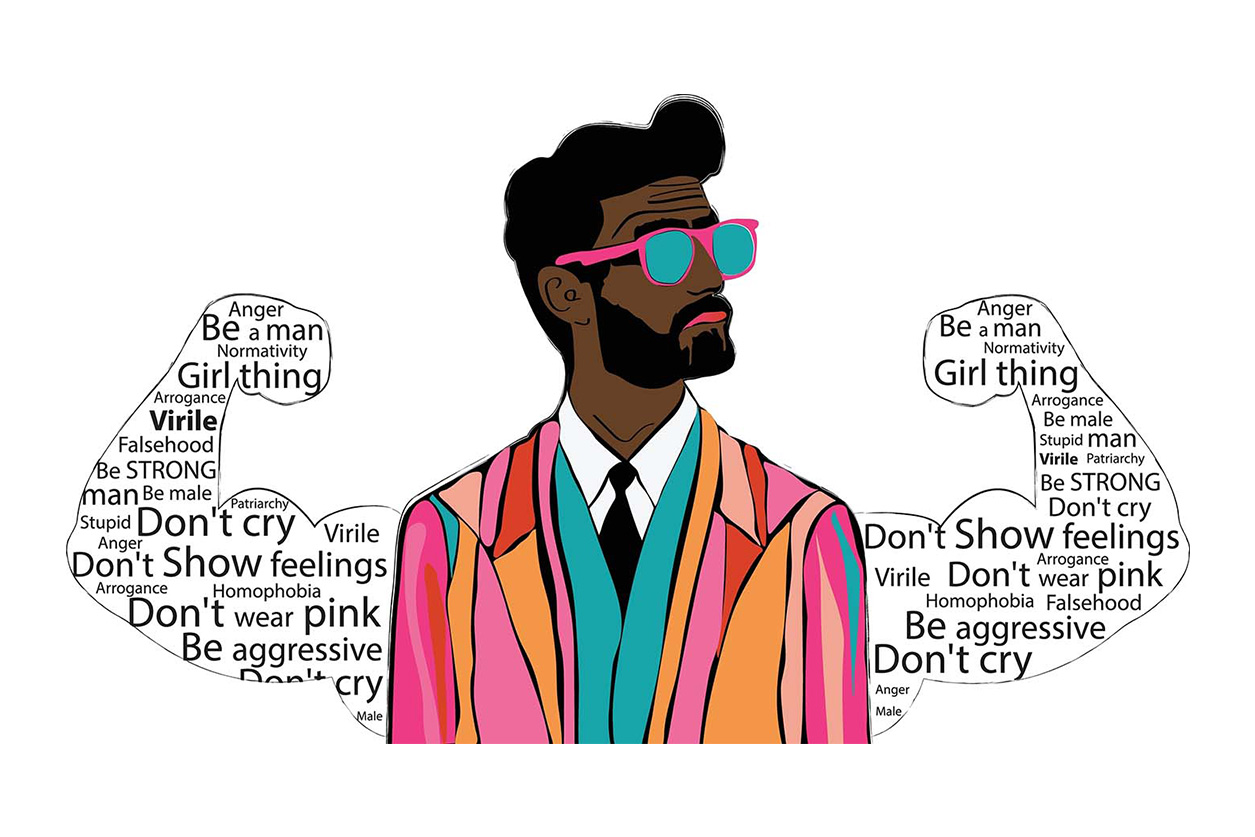Is your mental health your sole responsibility? A Ghanaian perspective
November 12by Ewura Adwoa Larbi
September is suicide prevention and awareness month. It is a time to remember lives lost to suicide, to educate people on suicide prevention, and increase awareness of the causes and signs of suicide in friends and family.
Nations invest in this month and undertake various programmes in commemoration of the month. Thus, it is not the month one would expect bad news on mental health. Unfortunately, that was the case for Ghana, when the World Health Organization (WHO) released their data in September 2023 indicating that nearly 2.4 million Ghanaians suffer from untreated mental health illnesses.
The conversation on mental health is not new. But this research by WHO raises red flags as Ghana’s population is mostly a youthful one. This means countless young people suffer from mental illnesses, a common one being depression. From the unprecedented rise in unemployment, to the overall declining economy, many young Ghanaians find themselves in an environment of unease and stress, evident in frequent social media rants and unfortunate reports of suicide incidents on university campuses nationwide.
A question is, whose responsibility is one’s mental health? The government, one’s family and friends or the individual himself? There seems to be no direct answer, but just as with all social responsibilities, one’s mental health should begin with oneself.
How can young people take care of their own mental health? There are some resources available. However, one obstacle is the tendency in the Ghanaian culture to downplay mental health issues. The lay man is of the view that mental health is an issue limited to patients in psychiatric hospitals and not the everyday Ghanaian.
This perspective is definitely flawed. The way to reverse this view is for individuals to become sensitive to their mental health and make efforts to nip stress in the early stages. Again, the reluctance to seek professional counselling due to the stigma involved could be curbed by the greater availability of online professional counselling services. Unfortunately, the authenticity of such platforms is dicey and most involve costs the average Ghanaian youth cannot afford.
It behoves the government and other stakeholders including Civil Society to make it easier on individuals to take care of their own mental health.
Through the listing of authentic counselling services on the Ghana Health website for instance, subsidies for counselling sessions and active involvement of NGOs, the situation could vastly improve.






